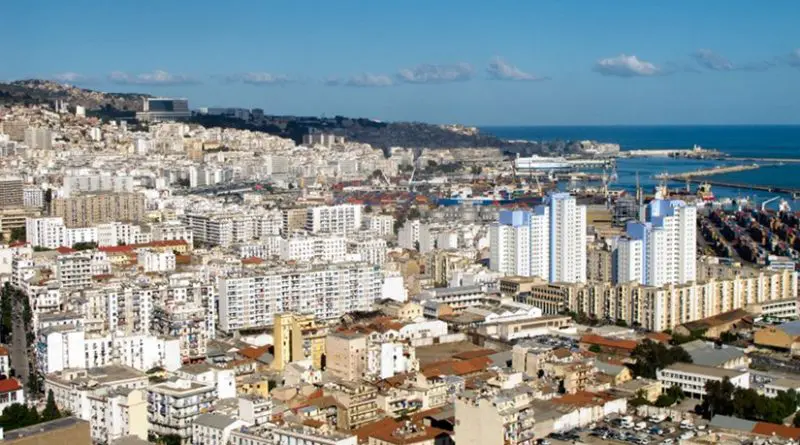Algeria: Surge In Deportations Of Migrants, Says HRW
Algerian authorities have been rounding up sub-Saharan Africans in and around Algiers and have deported more than 3,000 to Niger since August 25, 2017, without giving them an opportunity to challenge their expulsion, Human Rights Watch said. Those expelled include migrants who have lived and worked for years in Algeria, pregnant women, families with newborn babies, and about 25 unaccompanied children.
“Nothing justifies rounding up people based on their skin color, and then deporting them en masse,” said Sarah Leah Whitson, Middle East and North Africa director at Human Rights Watch. “A country’s power to control its borders is not a license to treat people like criminals or to assume they have no right to be there because of their race or ethnicity.”
Trusted sources in Algiers told Human Rights Watch that those detained initially included 15 refugees and asylum seekers. All were later released after the authorities ascertained their status.
Ahmed Ouyahia, President Abdelaziz Bouteflika’s cabinet chief, said on July 7 that migrants are a “source of criminality and drugs,” and that the authorities need to protect the Algerian population from this “chaos.” On July 11, Foreign Affairs Minister Abdelkader Messahel said that migrants “represent a threat to national security.”
During successive waves of arrests, security forces rounded up sub-Saharan migrants on the streets, on construction sites where many work, and in their homes. The migrants were taken to a facility in Zeralda, a suburb of the capital, where they spent one to three days in crowded halls with no mattresses and little to eat during the day, witnesses told Human Rights Watch. The migrants were then bused 1,900 kilometers south to a camp in Tamanrasset, then expelled to Niger, witnesses and local sources said.
Three sub-Saharan migrants interviewed separately by phone told Human Rights Watch that they believe gendarmes targeted them based on their skin color. “When black workers there saw the gendarmes, they tried to flee but the gendarmes chased them and forced them into the van,” said one migrant who was arrested earlier and forced into the gendarme’s van. “They arrested seven men.”
A nongovernmental organization based in Gao, Mali, said that several Malians were also expelled at the Algeria-Mali border, an insecure region with minimal government presence where armed groups, including some linked to Al-Qaeda, are active.
Those expelled have included both Nigeriens and hundreds of citizens of other countries such as Mali, Cameroon, Côte d’Ivoire, and Guinea – all nationals of sub-Saharan countries, according to the International Rescue Committee (IRC), which runs an assistance program for migrants in Agadez, Niger. The IRC told Human Rights Watch that migrants were expelled in successive waves. The first convoy arrived in Agadez on August 25, and the most recent one on October 25. The IRC registered 3,232 migrants arriving from Algeria, among which 396 were women and 850 children, including the 25 unaccompanied children.
Under international law, Algeria has the authority to control its borders and to remove people not in the country legally, but should give each person an opportunity to challenge their removal. It should not discriminate based on race or ethnicity or subject migrants to arbitrary detention, inhuman and degrading treatment.
As a party to the 1951 Refugee Convention and the 1987 Convention against Torture and Other Cruel, Inhuman or Degrading Treatment or Punishment, Algeria is barred from forcibly removing any refugee, asylum seeker, or anyone else to a place where they would face a threat of being persecuted, tortured, or subjected to inhuman and degrading treatment. The claims of anyone expressing such fears should be examined in full and fair procedures while the person remains in the country.
Algeria is also a party to the International Convention on the Protection of the Rights of All Migrant Workers and Members of their Families, which prohibits collective expulsions of migrant workers and their families and requires examining and ruling on each potential expulsion individually. The convention applies to all migrant workers and their families, irrespective of their legal or work status.
Human Rights Watch documented a previous roundup of more than 1,400 sub-Saharan migrants in December 2016. At least several hundred were deported to Niger.

